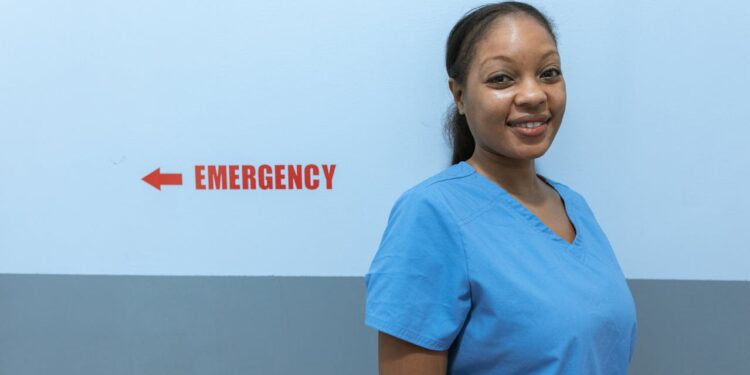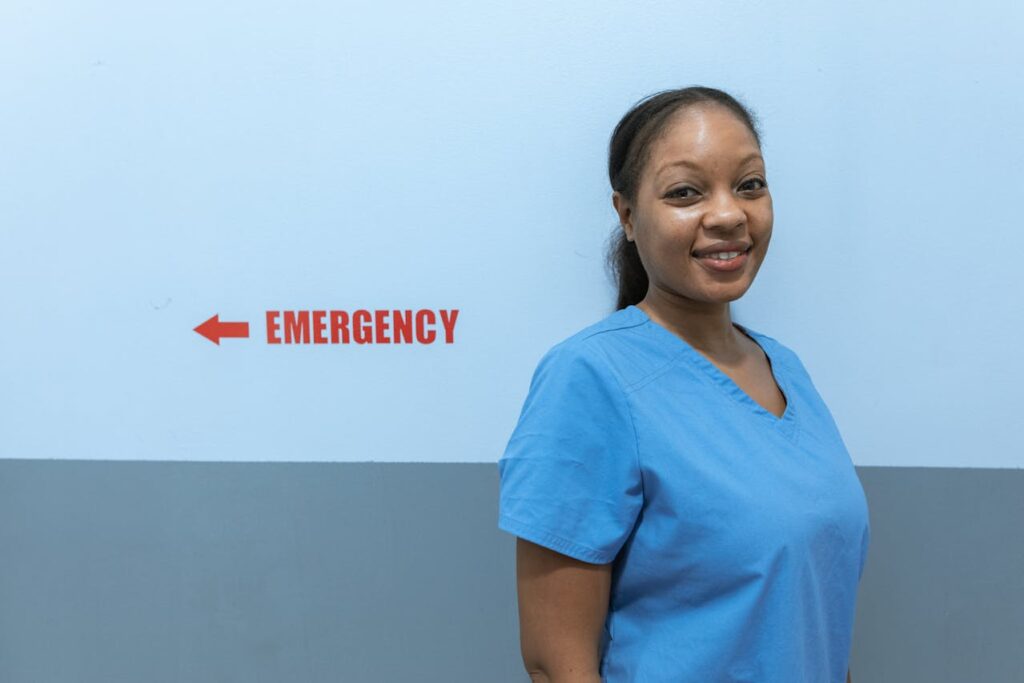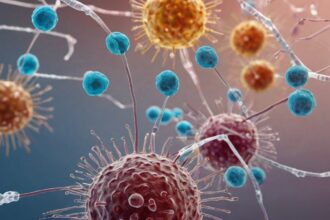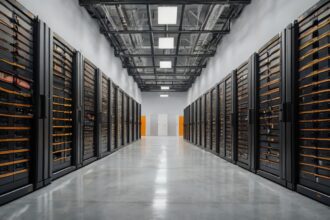The Evolving Role of Nurses in Public Health


What do nurses and weather forecasters have in common? Both try to make sense of chaos and explain it clearly—but only nurses stay on duty long after the storm ends.
In recent years, nurses have stepped far beyond the walls of hospitals and clinics. They’re now active in communities, leading public health efforts, shaping policies, and responding to crises where people actually live and work. From tackling vaccine misinformation to addressing long COVID, nurses are taking on a broader role in protecting population health.
And public health itself has widened. It now includes mental health, chronic illness, housing, nutrition, and even climate-related risks. Nurses are at the center of it all.
In this blog, we’ll explore how their role is evolving, why it matters now more than ever, and how nurses are stepping up through education, leadership, and on-the-ground experience to meet the moment.
From Reaction to Prevention
Healthcare has long been focused on treating illness after it happens, with nurses providing care and compassion at every stage. But today, there’s a growing shift toward prevention—and nurses are leading that change. Rather than waiting for patients to arrive in crisis, they’re out in communities running wellness programs, hosting screenings, and working on public health initiatives that reduce risk before problems start.
This shift gained urgency during the COVID-19 pandemic, when overwhelmed systems revealed how unprepared many communities were. Nurses stepped up, managing vaccine efforts, educating the public, and filling critical gaps. Their impact didn’t go unnoticed. As a result, more nurses are pursuing public health roles that let them influence care at the community level. Many are choosing to expand their skills and reach through advanced education, often by enrolling in online Master of Science in Nursing (MSN) programs.
An online MSN lets practicing nurses gain specialized knowledge without leaving their current jobs. They can explore tracks like community health, population-focused care, or policy leadership, all while applying what they learn in real time. The flexibility matters. Nurses don’t always work 9 to 5. Life doesn’t stop for school, and tuition isn’t cheap. But online programs, especially from respected universities, offer working professionals a realistic path forward.
With an MSN focused on public health, nurses can step into roles that help communities prepare for future challenges—not just recover from them. It’s a shift from healing individuals to protecting entire populations.
Why Community is the New Front Line
When people think of healthcare, they often imagine hospitals filled with beeping monitors and overworked staff. But a huge part of public health happens far from hospital walls. It happens in school gyms during vaccination drives, at local food banks where health screenings are offered, and in churches where wellness workshops are held.
Public health lives in the places people trust. And often, the most trusted person in those spaces is a nurse.
In rural areas, nurses may be the only consistent healthcare providers available. In cities, they’re working in housing developments to reduce asthma triggers or helping immigrant communities access care without fear or stigma.
During the opioid crisis, nurses became front-line responders—not just administering overdose reversal drugs, but also connecting people to long-term treatment and counseling. They work with law enforcement, social workers, and nonprofits. They understand the clinical side and the human side.
This kind of work requires more than compassion. It demands skills in leadership, communication, cultural awareness, and policy. A nurse trained in public health knows how to analyze data, identify risk patterns, and design interventions that actually work.
They aren’t just caring for people in the moment. They’re reshaping systems so fewer people need critical care in the first place.
What’s Fueling the Shift
There’s no one reason the role of nurses in public health is expanding. It’s a combination of factors, all colliding at once.
For starters, the U.S. population is aging. Chronic diseases like diabetes, heart disease, and Alzheimer’s are becoming more common. These aren’t conditions you treat with a single visit. They require ongoing care, education, and behavior change—areas where nurses excel.
Meanwhile, trust in healthcare systems is shaky. But nurses consistently rank as the most trusted professionals in the country. That puts them in a unique position to rebuild confidence in public health messages.
Technology also plays a role. With telehealth, wearable devices, and data dashboards, nurses can track community health trends faster than ever. They can catch problems before they spread. They can spot patterns and propose solutions.
And let’s not forget the workforce shortage. There simply aren’t enough physicians or specialists to meet public demand. Nurses, especially those with advanced training, are stepping into those gaps with confidence and credibility.
Education as a Tool for Change
Not all nurses want to become administrators or leave direct care behind. But more are realizing that deeper knowledge opens more doors—not just in terms of career options, but in impact.
A nurse who understands epidemiology can contribute to disease tracking and outbreak response. One trained in policy can advocate for safer staffing ratios or better access to care. Another might lead a community-wide effort to reduce childhood obesity or improve mental health resources for teens.
Nurses Leading the Way Forward
The future of public health isn’t just about doctors or policymakers. It’s about nurse leaders who understand what happens inside hospitals and outside of them. Nurses who are just as comfortable in a boardroom as they are in a community clinic.
And we need more of them.
As pandemics, climate change, and mental health crises continue to reshape our world, the public will turn to those who can connect the dots and take action. Nurses are already doing that in ways that are often invisible but deeply impactful.
They’re educating new mothers about nutrition, designing school wellness programs, and helping cities prepare for climate-related health risks. They’re addressing social determinants of health—the non-medical factors like housing, education, and income that influence outcomes more than any pill ever could.
In short, they’re redefining what it means to be a nurse.
Not just someone who treats illness, but someone who prevents it. Not just a caregiver, but a change-maker.
And for nurses ready to rise into these roles, building new skills through the right training isn’t just a career move. It’s a commitment to shaping the future of care.
Because the future isn’t waiting. And neither should we.

